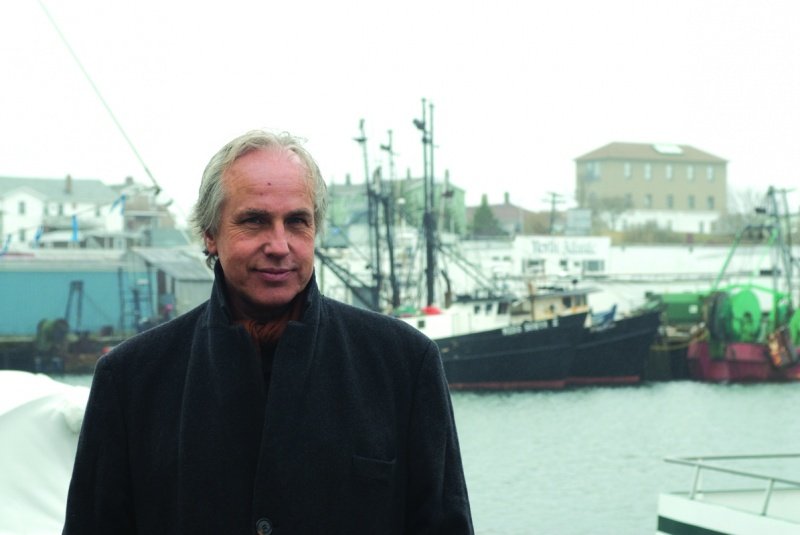“After the First Death, There is No Other”
The line began forming before eight am. Everyone six feet apart, of course. Eyes focused on doors patrolled by two security guards. An aura of anxiety enveloped the over-sixty crowd lined up for early entry to one of the only stores still open to those possessing the price of admission which, in this case, was a face mask. No way to enter Whole Foods without a face mask. Fortunately, the guards weren’t armed. Yet.
Only a year ago, I was having coffee with Syrian journalist Samar Yazbek. The first thing Samar asked was: “Are the American people thinking about Syria?” We were sitting in a cozy yoga studio-cum-teahouse just outside Harvard Square in Cambridge, Massachusetts. The forced calm and preciousness of the setting contrasted with the world Yazbek carried with her.
Her question was pointed and poignant. Every journalist, no matter how jaded, writes in hopes her stories will raise awareness at the very least and at best move the course of events. Yazbek was doing all she could to keep our eyes on what was happening to the people in her native land. Her memoir-reportage, The Crossing, recounts in riveting, painful detail, three trips she took back to her native land after fleeing. She returned in part to help women’s groups set up small businesses. Her chronicle of the devastation will remain an essential document of our time.
The day we met there had in fact been a story in the paper about Idlib and the plight of refugees. The piece was neither inspiring nor uplifting — but I could honestly report that at least a few readers were aware of the continuing spillover from our war on terror.
That was a world ago — or was it only a year? Syria and its millions of refugees rarely make the news these days. Not long after our meeting, the news cycle was hijacked by accounts of the president’s impeachment proceedings, followed almost immediately by coverage of the Democratic presidential primary. For the last two months, the virus, with stories often reporting the same half dozen facts. What changes are the stats: the number of infected; the number dead. Friends are ill; others risk becoming so while they work “on the front-lines” in hospitals and homeless shelters.
Still, this is far from the reality Yazbek witnessed, for which we bear some responsibility. And even under these circumstances, we must remember that.
Askold Melnyczuk’s book of stories, The Man Who Would Not Bow, appeared in 2021. His four novels have variously been named a New York Times Notable, an LA Times Best Books of the Year, and an Editor’s Choice by the American Library Association’s Booklist. He is also co-editor of From Three Worlds, an anthology of Ukrainian Writers. His published translations include work by Oksana Zabuzhko, Marjana Savka, Bohdan Boychuk, Ivan Drach, and Skovoroda. His shorter work, including essays, stories, and reviews, have appeared in The Paris Review, The New York Times, The Missouri Review, The Times Literary Supplement (London), The Los Angeles Times, The Harvard Review and elsewhere. He’s received a three-year Lila Wallace-Readers’ Digest Award in Fiction, the McGinnis Award in Fiction, and the George Garret Award from AWP for his contributions to the literary community. As founding editor of Agni he received PEN’s Magid Award for creating “one of America’s, and the world’s, leading literary journals.” Founding editor of Arrowsmith Press, he has taught at Boston University, Harvard, Bennington College and currently teaches at the University of Massachusetts Boston. Most recently he has been organizing readings in support of writers in Ukraine, as well as interviewing writers for his For the Record series which appears online at Agni Online (https://agnionline.bu.edu/blog/for-the-record-conversations- with-ukrainian-writers/), as well as on Arrowsmith Press’s website.


